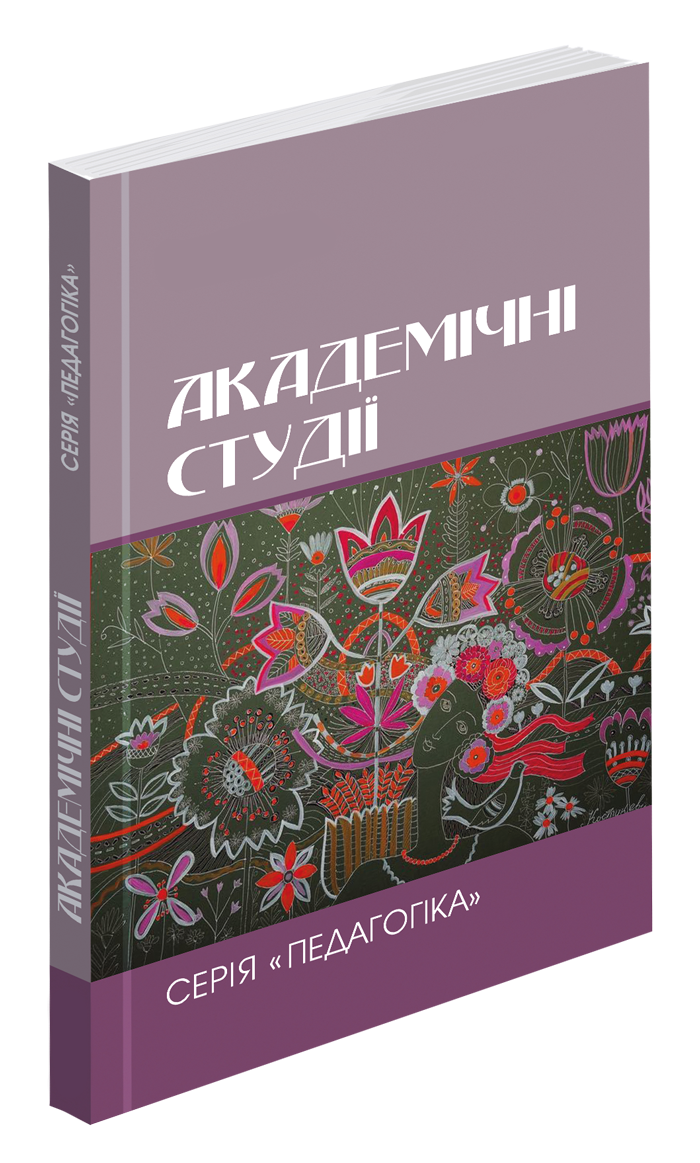Abstract
This article explores the significance of an inclusive approach in the development of musical and creative abilities among students pursuing music specialties. In contemporary education, inclusivity is a key component in ensuring equal access to learning opportunities, regardless of students’ abilities, backgrounds, or special needs. The paper highlights the ways in which inclusive pedagogical strategies foster a supportive and adaptive environment, promoting creativity and artistic growth for all learners. The study examines various methodologies that are effective in addressing the diverse needs of music students. By integrating individualized learning plans, differentiated instruction, and assistive technologies, educators can create a learning atmosphere where every student has the potential to thrive. Furthermore, the article discusses the role of collaboration and peer learning in enhancing both technical and creative skills. Inclusive education not only supports students with disabilities but also encourages diversity in musical expression, enriching the educational experience for all participants. This article by emphasizing the importance of continuous professional development for music educators to remain responsive to the evolving needs of their students. Through an inclusive approach, educators can ensure that all students, regardless of their abilities, can fully develop their musical talents and creative potential, ultimately contributing to a more diverse and innovative musical culture.
References
Кірнарська Д. Психологія спеціальних здібностей: Музичні здібності. Таланти ХХІ століття, 2004.
Клименко В. Психологія творчості: навч. посіб. Центр навчальної літератури, Київ, 2006. С. 480.
Концепція розвитку педагогічної освіти, 2018. Режим доступу: https://mon.gov.ua/ua/npa/pro-zatverdzhennyakoncepciyi-rozvitku-pedagogichnoyi-osviti
Blair, Deborah. Learner agency: To understand and to be understood. British Journal of Music Education. 2009. 173–187 p.
Alice M. Hammel, Ryan M. Hourigan. (2017). “Teaching Music to Students with Special Needs: A Practical Resource”. Oxford University Press. 209 p.
P. Sh. Campbell (2018). Music, Education, and Diversity: Bridging Cultures and Communities. Тeachers College Press, 2018. 214 p.
Joseph N. Straus.»Extraordinary Measures: Disability in Music» (2011). Available: https://www.researchgate.net/publication/262094041_Extraordinary_Measures_Disability_in_Music_by_Joseph_Straus
Зязюн І. А., Кудінова О. І. Музична освіта в умовах інклюзії: методичні аспекти. Вісник педагогічних наук України. Випуск № 6. 2021. С. 48–53.
Базиль В. О. Проблеми впровадження інклюзивного навчання в музичну освіту України. Науковий вісник НМАУ ім. П. І. Чайковського. Випуск № 3 . Київ, 2020. С. 112–119.
Чепурна О. М. Теоретичні засади розвитку музично-творчих здібностей у контексті інклюзивної освіти. Науковий часопис НПУ ім. М. П. Драгоманова. Серія 14: Теорія та методика мистецької освіти. 2020, С. 130–135.
ЮНЕСКО. Інклюзивне навчання та його вплив на розвиток студентів у сфері мистецтва. Париж : UNESCO, 2018. С. 145.

